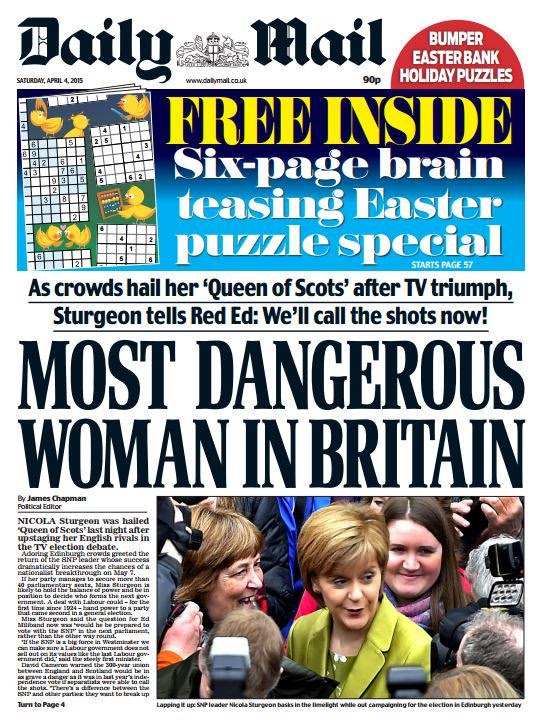Back in 2008, like many (many) people I was totally absorbed by the US Presidential election.
The Democratic candidate spoke about change like it was a thing that could really happen, and seeing stadiums full of people totally absorbed in this idea that there was real hope for the future.
Some years later, I'm sat with an International Relations & Politics degree in an office of local councillors because it seemed like the way that I could help make a really positive change on people's lives.
Despite three years of learning about an awful lot of grim politics and international events, I stuck by the idea that fundamentally, people are inherently good. That we can work together we can tackle issues that are far too complex for one person to deal with alone. That the ideologies that drive us apart can be defeated.
Yet over the past few weeks my faith in people being generally good has been tested.
When the current Republican candidate for president, who once insisted that the current president must actually be African because he's black, wants to keep people of different races (Mexicans) & religions (Muslims) out of the US.
And these ideas are not met with condemnation, but stadiums full of cheering people who are filled with hate towards people they barely know.
When a London Mayoral campaign is run on the idea that all Muslims must vaguely know some kind of extremist.
When a Mayor of a capital city claims that the President is anti-Brexit because he has natural 'anti-English sentiment' due to his Kenyan heritage.
When a former Mayor claims that Hitler was a Zionist.
When a man can shoot dead 49 people because of who they love & despite this loss of life there are politicians in the US who refuse to see the logic in tightening gun laws.
When a campaign can literally borrow from Nazi propaganda in order to win an election.
When Jox Cox MP can be shot in the street for doing her job.
It's really hard to keep believing that there is any light in any of this. I'm tired of politics and I'm tired of a referendum that has done nothing but bring out the complete worst in people.
I hope that if anything comes from the senseless murder of a politician who seemed to genuinely care about her constituents, the wider community and vulnerable people across the world is that it gives us time to consider where we're headed. And what happens when we allow hate & fear to dominate our discourse, rather than hope & change.
Far more eloquent people:













